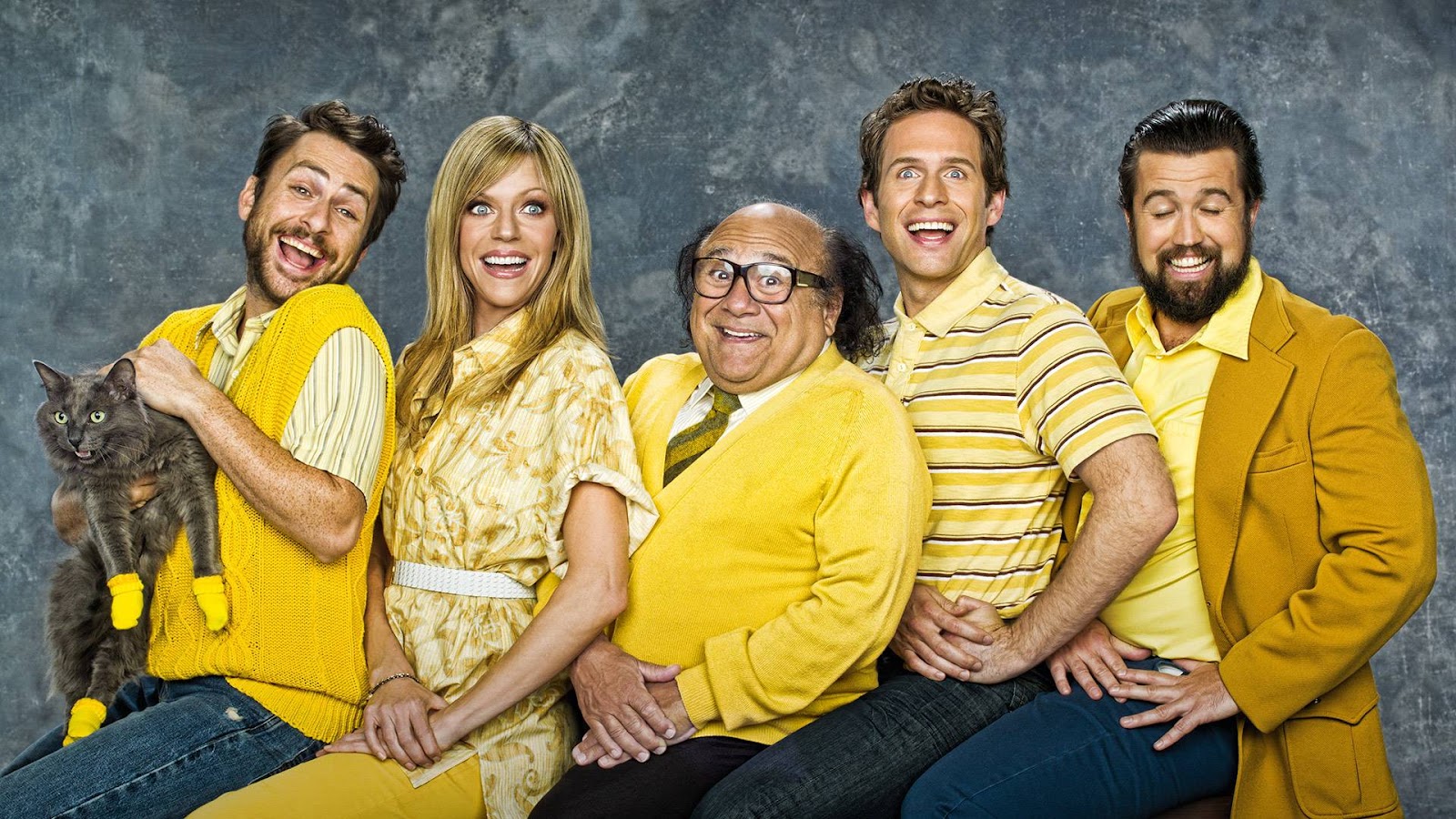Releasing its 15th
season over the pandemic, It’s Always Sunny in Philadelphia has become
one of the most popular US television sitcoms on air. The show’s characters
each bring their unique, backwards personalities to current culture,
masterfully written to be appalling but not hated. Rob McElhenny has helped to
create some of the most well-known neighborhood psychopaths and put those
characters into the hearts of thousands of viewers.
It’s Always Sunny in Philadelphia started on a
budget of almost nothing. Shot with friends Charlie Day, Glenn Howerton, Rob
McElhenny, and Kaitlin Olson, the crew threw together two episodes and
presented it before various studios, finally landing on FX who gave them the
most freedom to work. While McElhenny is a heavy proponent of collaboration in
the writing room, talking about how the American cult of personality doesn’t do
justice to the teamwork it takes to create these projects, he was worried that
bringing in Danny DeVito for the second season to up ratings might also upset
the chemistry of the group. Now, about 15 years later, DeVito holds the same
position in the gang as the rest and is a beloved part of the series.
Its Always Sunny is based on a short written by
McElhenny while living in a garage in West Hollywood. McElhenny talks about trying
to flip a dramatic scene around to draw comedy from it. What it turned out to
be was Its Always Sunny’s inverse of the classic sitcom group. It’s
McElhenny’s self-awareness that makes these characters so well-loved and
simultaneously hated. The views of the characters are so distorted and inherently
flawed that it’s made obvious that the actions performed, and views held by
these characters are not those of the producers and actors. In a podcast with
Marc Maron, McElhenny talks about how the original skit was his passion project.
He wanted to be involved in the whole process of what was then a short film, up
until he has the disk in his hand. This would later be echoed in his desire to
keep the show under their control when getting it signed with a studio. This
short film, and another the group made soon after, would constitute the first
two episodes of the show under production. McElhenny and the show went on to completely
reimagine what the protagonists of a sitcom group could be.
With Its Always Sunny renewed for its 18th
season, McElhenny has not slowed down with a passion to also do something new.
Another product of this passion is McElhenny’s Mythic Quest. Again, Rob
Mcelhenny shows his self-awareness in writing about the gaming industry in a
comedic but honest way. It’s this self-awareness that lets him personify such
truly flawed characters and in a comedic way to boot.
Sources:
WTF podcast with Marc Maron ep. 582
https://www.rollingstone.com/tv/tv-features/its-always-sunny-philadelphia-creator-rob-mcelhenney-interview-882687/


I've never seen this show, but I feel like I now have a valid (semi-academic) excuse to. The only thing I new about it before reading your post was that it is a highly controversial show that tends to rub people the wrong way. The way you explained it make it seem like that's the point!
ReplyDeleteI would consider myself a very casual fan of "It's Always Sunny" and reading this post really heightened my understanding of the show's origins and McElhenny's creative process in making it. I love how you noted how the self-awareness in McElhenny's personality informs so much of the how the show is written. Without that self-awareness at work, I do not think the show would work nearly as well as it does.
ReplyDelete